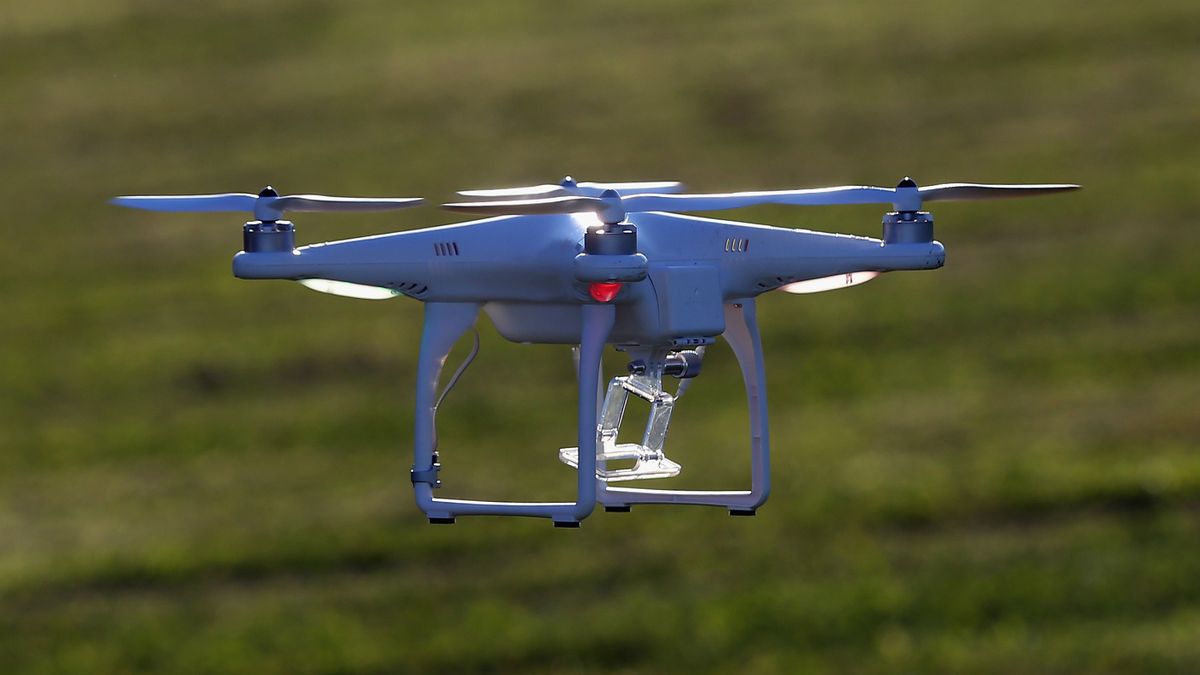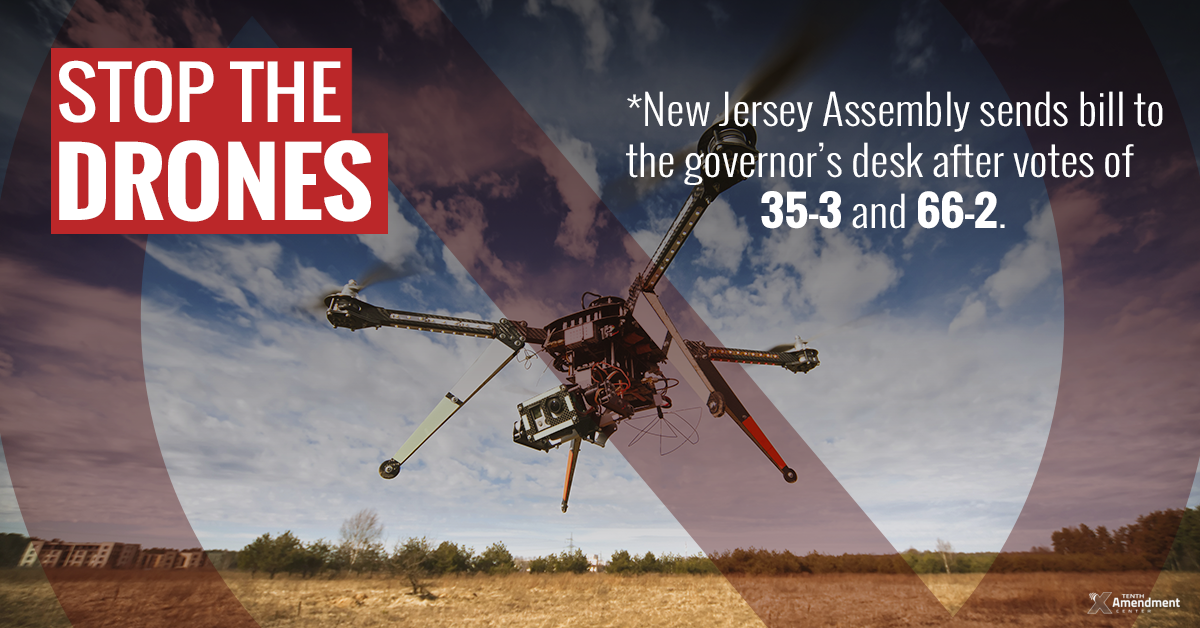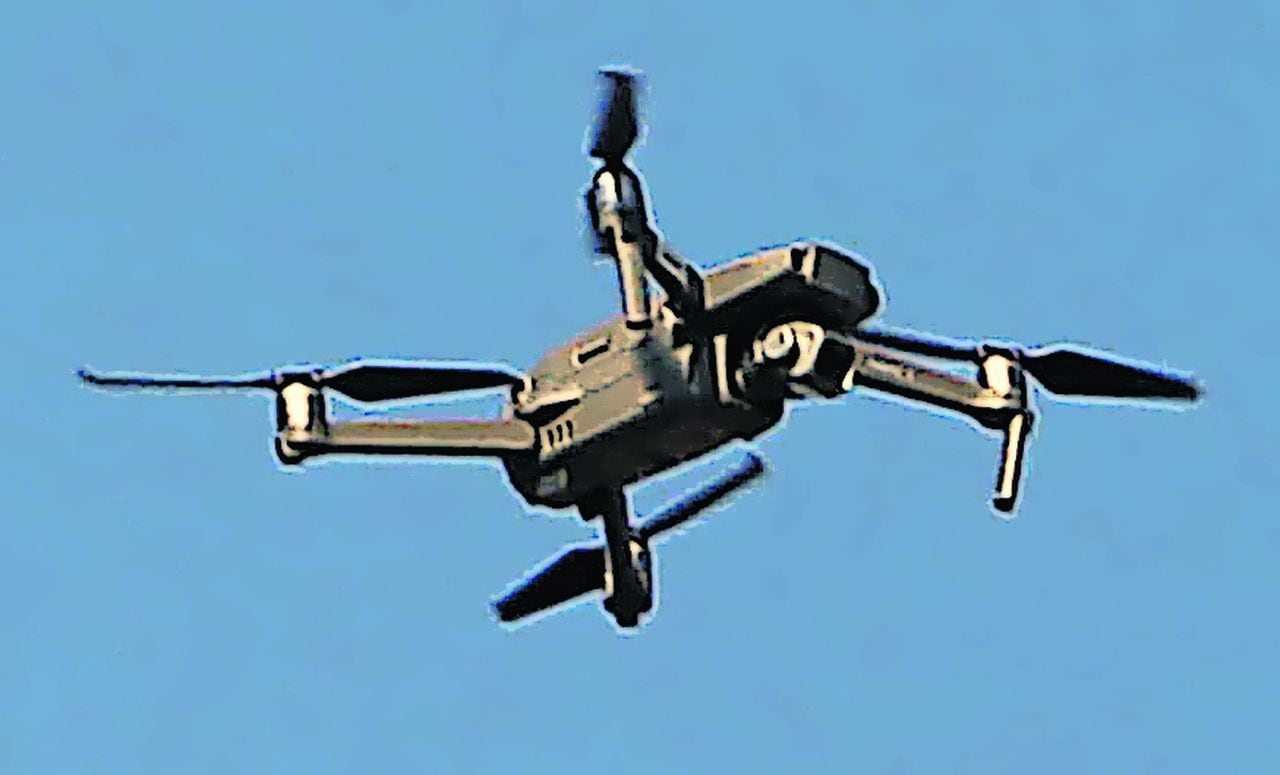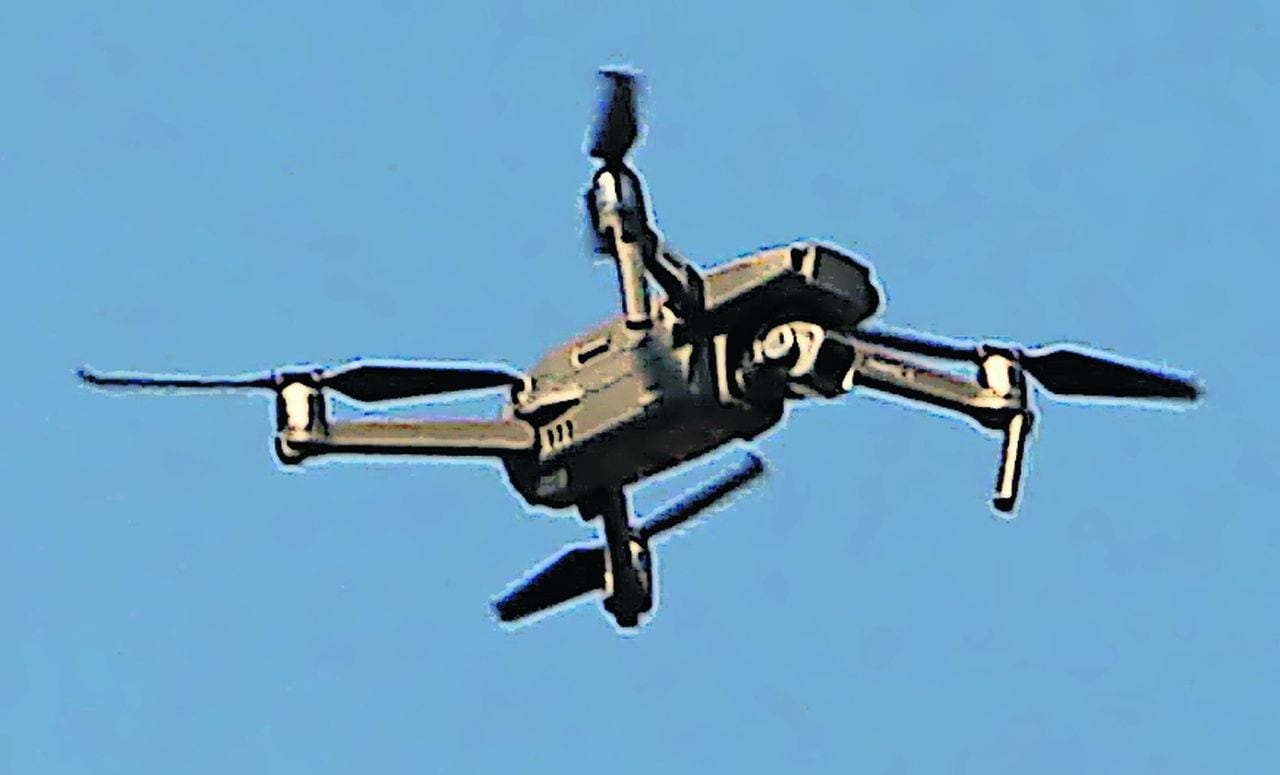Drones Over New Jersey Solved: The recent surge in unauthorized drone activity across New Jersey has raised significant concerns regarding public safety, infrastructure security, and the need for effective regulatory frameworks. This exploration delves into the multifaceted challenges posed by these unmanned aerial vehicles, examining recent incidents, law enforcement responses, and technological solutions aimed at mitigating future risks. We will analyze the legal landscape, explore public safety concerns, and consider the impact on critical infrastructure, ultimately aiming to provide a comprehensive understanding of how New Jersey is addressing this emerging issue.
The analysis will cover a range of aspects, from the specific details of past drone incidents—including their locations, the types of drones involved, and the resulting outcomes—to the technological advancements being deployed to detect and counter unauthorized drone flights. We will also examine the legal and regulatory frameworks currently in place, highlighting both their strengths and weaknesses, and propose potential improvements to better safeguard New Jersey’s airspace and critical infrastructure.
Drones Over New Jersey: A Comprehensive Overview: Drones Over New Jersey Solved
The increasing prevalence of drones in New Jersey airspace presents both opportunities and challenges. This report examines recent drone incidents, law enforcement responses, public safety concerns, legal frameworks, technological solutions, and the impact on critical infrastructure. Understanding these multifaceted aspects is crucial for developing effective strategies to ensure safe and responsible drone operation within the state.
Recent Drone Incidents in New Jersey
Several significant drone-related incidents have occurred in New Jersey over the past year, highlighting the need for robust regulatory frameworks and effective countermeasures. The following table details five such events.
| Date | Location | Description | Outcome |
|---|---|---|---|
| October 26, 2023 | Newark Liberty International Airport | A large, commercially-available drone was observed flying near the airport’s runways, causing a brief disruption to flight operations. | The drone was not located, but flight operations resumed after a short delay. The FAA initiated an investigation. |
| August 15, 2023 | Atlantic City | A small, hobbyist drone crashed into a beachfront hotel, causing minor damage. | The drone operator was identified and fined for violating airspace regulations. |
| June 10, 2023 | Princeton University | A drone equipped with a high-resolution camera was observed flying over restricted campus areas. | University security apprehended the operator, who was subsequently charged with trespassing and violating university regulations. |
| March 5, 2023 | Trenton | A swarm of small drones was detected near the state capitol building. | Law enforcement agencies were unable to identify the source of the drones. An investigation is ongoing. |
| January 20, 2023 | Route 78, Woodbridge | A drone was observed flying dangerously close to vehicular traffic on a busy highway. | The drone was not located, but state police issued a public safety warning regarding drone operation near roadways. |
The drones involved varied in size and capabilities, ranging from small hobbyist drones to larger, commercially available models equipped with high-resolution cameras. The suspected origins of the drones also differed, with some appearing to be operated by hobbyists and others potentially used for illicit purposes. Regulatory responses varied depending on the severity of the incident and the jurisdiction involved, ranging from warnings to fines and criminal charges.
Law Enforcement Response to Drone Activity
New Jersey law enforcement agencies have established standard operating procedures for dealing with unauthorized drone flights. These procedures typically involve assessing the threat level, attempting to identify the drone operator, and coordinating with other agencies as needed. Technological tools employed include drone detection systems, radio frequency (RF) scanners, and video surveillance. However, challenges remain, such as limited resources, jurisdictional ambiguities, and the difficulty of tracking and identifying drone operators in real-time.
Public Safety Concerns Related to Drones, Drones over new jersey solved

Drones pose several significant public safety risks in New Jersey, including privacy violations, potential for physical harm, and disruption of critical infrastructure. Examples of misuse include unauthorized surveillance, delivery of contraband, and deliberate attempts to interfere with airport operations. A public awareness campaign is needed to educate citizens about responsible drone operation and the importance of reporting suspicious activity.
This campaign should emphasize safe operating practices, airspace regulations, and the potential consequences of irresponsible drone use. It could involve public service announcements, educational materials distributed through schools and community organizations, and online resources providing clear guidelines.
Legal and Regulatory Frameworks Governing Drones
Drone operation in New Jersey is governed by a combination of federal and state laws and regulations. Federal regulations, primarily established by the Federal Aviation Administration (FAA), dictate airspace restrictions and operational requirements. State laws address issues such as privacy, public safety, and potential liability. Gaps exist in the current legal framework regarding the use of drones for surveillance, enforcement of airspace restrictions in complex environments, and liability in cases of drone-related accidents.
- Strengthening regulations concerning drone registration and operator licensing.
- Developing clearer guidelines on the use of drones for commercial purposes.
- Improving coordination between federal and state agencies responsible for drone oversight.
- Establishing a more robust system for investigating and prosecuting drone-related offenses.
Technological Solutions for Drone Detection and Mitigation

Various technologies are available for detecting and mitigating unauthorized drone activity. These include radar systems, RF detectors, optical sensors, and counter-drone systems that can jam signals or physically intercept drones. The effectiveness of these technologies varies depending on factors such as drone type, environmental conditions, and the sophistication of the counter-drone system. A hypothetical counter-drone system might integrate multiple sensor technologies (radar, optical, RF) to provide comprehensive surveillance.
The recent drone activity over New Jersey has thankfully been resolved, prompting reflection on the event’s documentation. Many photographers used their trusty cameras, and some even opted for the superior image quality of a fujifilm x100v to capture the unfolding situation. These high-quality images will likely aid in future drone-related investigations in New Jersey.
A central command center would process sensor data, identify potential threats, and deploy appropriate countermeasures, such as jamming or net-based interception. The system would incorporate a geofencing capability to automatically alert authorities when drones enter restricted airspace.
Impact on Infrastructure and Critical Facilities

Drones pose a significant threat to critical infrastructure in New Jersey, including airports, power plants, and government buildings. Drones could be used to conduct surveillance, deliver explosives, or disrupt operations. For example, a drone carrying a small explosive device could damage a power transformer, causing widespread power outages. Similarly, a drone could be used to disrupt air traffic control operations at an airport, potentially leading to accidents.
The vulnerabilities stem from the ease of access to drone technology, the potential for clandestine operation, and the difficulty in detecting and mitigating drone threats in real-time.
The recent drone activity over New Jersey has thankfully been resolved, authorities confirming the situation is under control. For a completely different perspective on aerial surveillance, check out the port dover live camera feed; it offers a fascinating real-time view of a different location. Returning to the New Jersey drone situation, the swift resolution is a testament to effective response strategies.
In conclusion, the issue of unauthorized drone activity in New Jersey presents complex challenges that demand a multi-pronged approach. While technological solutions for detection and mitigation are crucial, equally important are robust legal frameworks, effective law enforcement strategies, and a well-informed public. By combining technological advancements with proactive regulatory measures and public awareness campaigns, New Jersey can effectively address the risks posed by drones and ensure the safety and security of its citizens and infrastructure.
The ongoing evolution of drone technology necessitates a continuous adaptation of strategies, ensuring a proactive and comprehensive approach to this ever-changing landscape.
FAQs
What penalties exist for illegal drone operation in New Jersey?
Penalties vary depending on the violation, but can include fines, license suspension, and even criminal charges.
How can I report a suspicious drone sighting?
Contact your local law enforcement agency immediately. Provide as much detail as possible, including location, time, and drone description.
Are there designated areas for drone operation in New Jersey?
Specific designated areas are not comprehensively established statewide. Federal regulations and local ordinances should be consulted before operating a drone.
What types of drones pose the greatest threat to infrastructure?
Larger drones with significant payload capacity, capable of carrying explosives or other harmful materials, pose the most significant threat.
